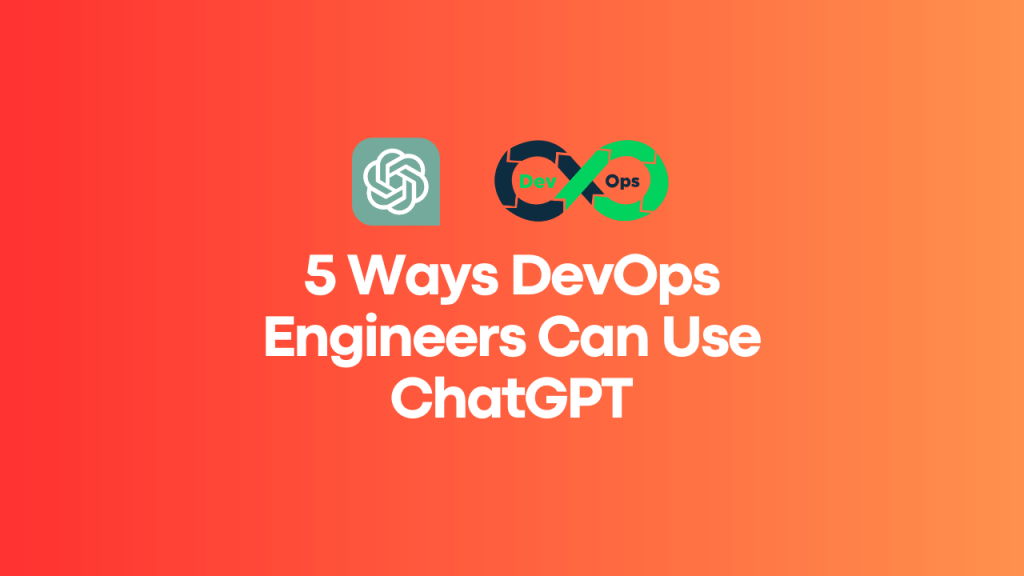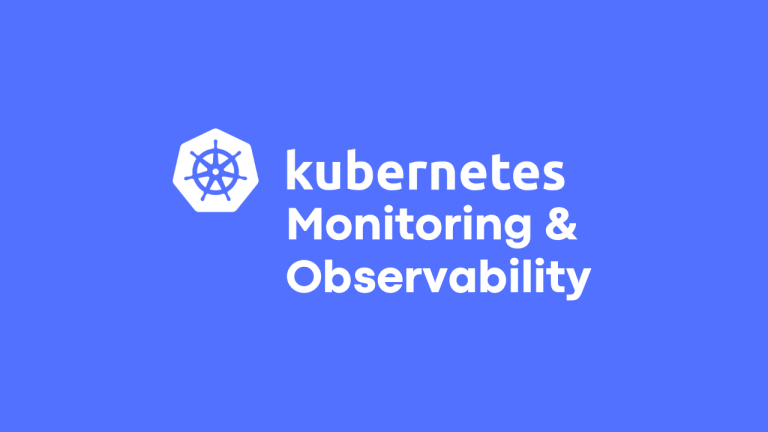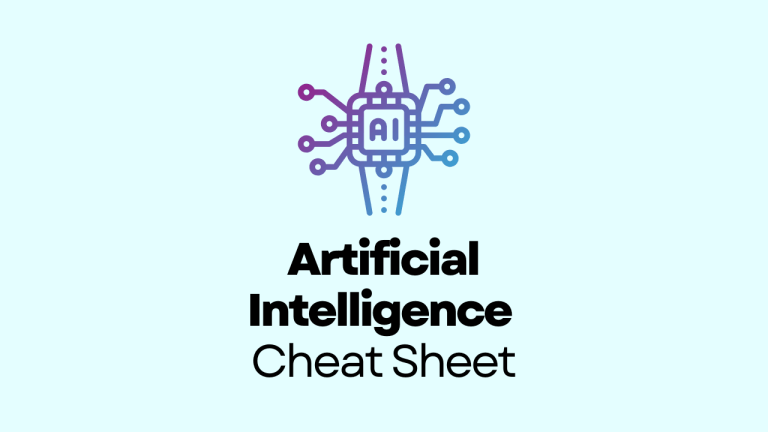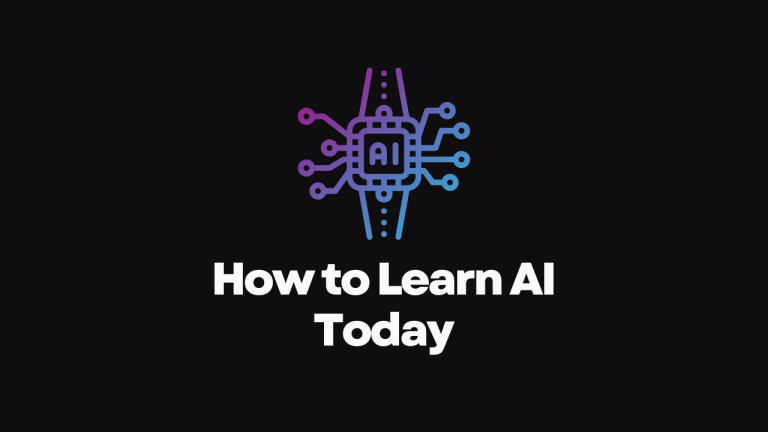
Introduction
DevOps engineers are responsible for ensuring the smooth and efficient operation of software development and deployment processes. To achieve this goal, DevOps engineers must stay up-to-date with the latest tools and technologies that can help automate and streamline various aspects of the software development lifecycle. ChatGPT, an AI language model, can be a valuable tool for DevOps engineers looking to improve their workflows and increase efficiency. In this article, we will explore 5 potential ways DevOps engineers can use ChatGPT to improve the DevOps workflow.
Incident response
ChatGPT can be trained to identify and suggest solutions for common incidents in real time. For example, ChatGPT can be used to identify and troubleshoot issues with servers, databases, or applications.
Implementing ChatOps
You can integrate ChatGPT with popular ChatOps tools such as Slack or Microsoft Teams to enable seamless communication and collaboration among DevOps teams. Also, you can use ChatGPT to automate tasks such as deployments, testing, and monitoring, and can help streamline workflows.
Infrastructure automation and management
To automate infrastructure management tasks such as provisioning, scaling, and configuration, you can utilize the capabilities of ChatGPT by integrating with popular DevOps tools such as Terraform, Ansible, or Puppet. This will enable more efficient and reliable infrastructure management.
Continuous integration and delivery (CI/CD)
Because ChatGPT has the capability to analyze the software codes and error logs, you can automate various stages of the CI/CD pipeline, including code testing, deployment, and monitoring. By integrating ChatGPT with popular CI/CD tools such as Jenkins or GitLab, it is possible to implement efficient and reliable CI/CD pipelines.
DevOps training, education & documentation
We know the market and internal demand for DevOps training and education materials. ChatGPT can be the best fit to create such education content and can be used to provide training and education for DevOps engineers. For example, ChatGPT can be used to provide automated responses to common questions, provide tutorials on best practices, or even create materials such as videos or interactive simulations. This can help reduce the time and effort required for training and education, and enable DevOps teams to stay up-to-date with the latest trends and technologies.
Conclusion
In conclusion, ChatGPT can be a powerful tool for DevOps engineers looking to improve their workflows and streamline their processes. By leveraging the natural language processing capabilities of ChatGPT, DevOps teams can automate various tasks, improve incident response times, and enhance collaboration and communication within their teams. With the help of ChatGPT, DevOps engineers can focus on higher-level tasks and strategic planning, while leaving routine tasks and maintenance to the automation capabilities of ChatGPT.
Disclaimer:
The views expressed and the content shared in all published articles on this website are solely those of the respective authors, and they do not necessarily reflect the views of the author’s employer or the techbeatly platform. We strive to ensure the accuracy and validity of the content published on our website. However, we cannot guarantee the absolute correctness or completeness of the information provided. It is the responsibility of the readers and users of this website to verify the accuracy and appropriateness of any information or opinions expressed within the articles. If you come across any content that you believe to be incorrect or invalid, please contact us immediately so that we can address the issue promptly.
Tags:
Comments
2 Responses
Leave a Reply







[…] ChatGPT is an advanced technology that has been making waves in the field of conversational AI. Developed by OpenAI, ChatGPT is a large language model that is capable of generating human-like responses to text-based inputs. It uses deep learning algorithms to understand the context and generate relevant responses. Although ChatGPT is a revolutionary technology that has the potential to transform the way we communicate, some people are worried about its implications. In this article, we will explore why people worry about ChatGPT and why IT professionals should not. […]
[…] rise of AI can also create new job opportunities through entrepreneurship and freelancing. As AI technologies continue to evolve, there will be a […]